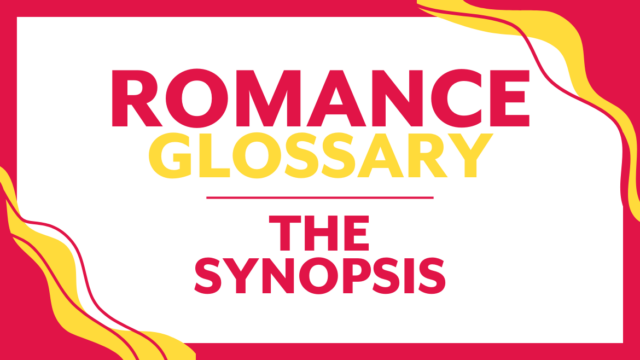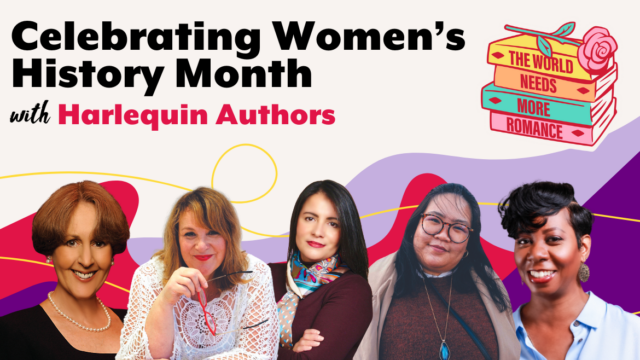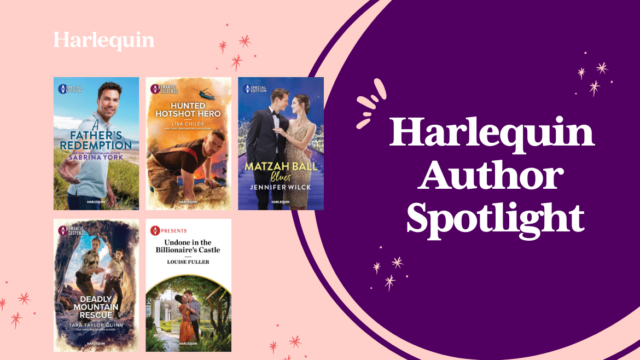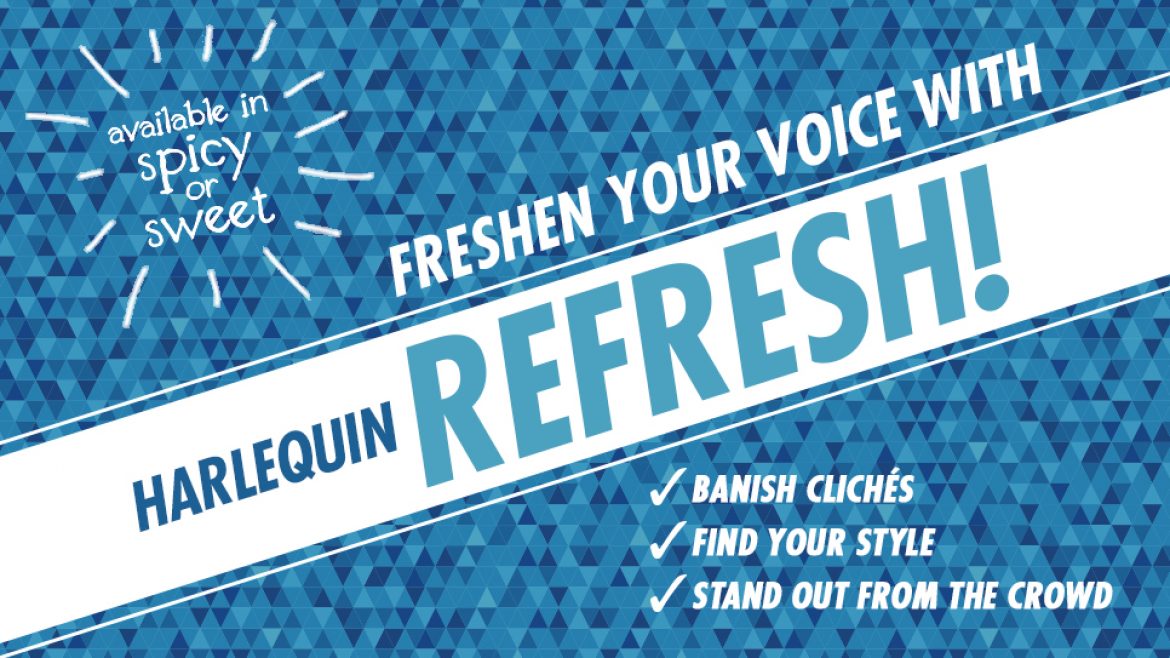
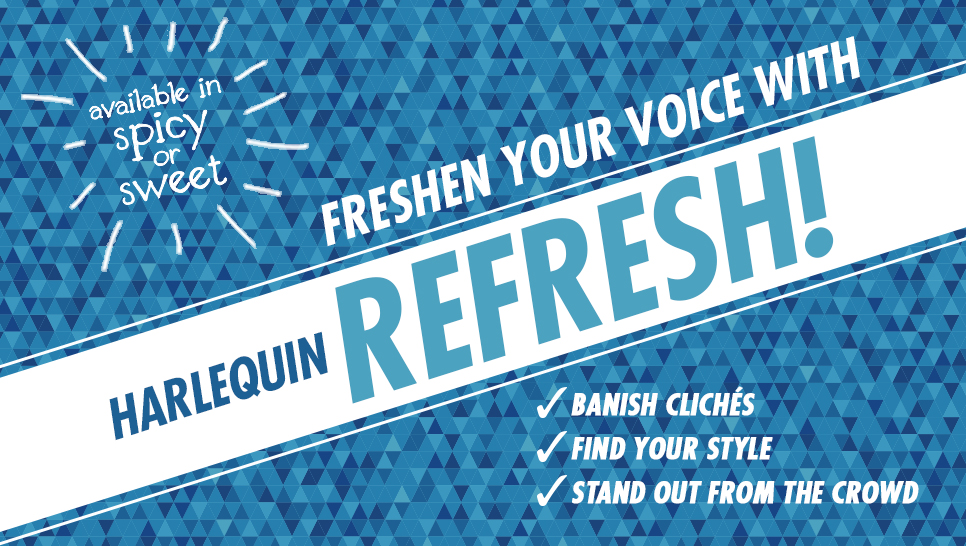
We hope you enjoyed our month-long focus on author voice in romantic fiction and found it helpful! To round off the month, we asked our editors to let us know what makes a manuscript stand out from the crowd. What makes a romance submission unique and fresh? (And we included key tips from our guest authors too. :))
“A manuscript stands out to me if I get a sense of the hero and heroine and what makes them unique very early in the manuscript. I want to be intrigued and interested to get to know them. They need to come to life as individuals!”—Bryony Green, Executive Editor
“I want something that grabs me from the first moment, taking me on a whirlwind romance that leaves me desperate to read more!”—Julia Williams, Editor
“Things that make a manuscript stand out for me are a classic story theme given a fresh twist, an interesting or unusual first meet that catapults the reader into the heart of the action and conflict, an instantly likeable character in a relatable situation, and lots of sparky dialogue!”— Carly Byrne, Editor

“Voracious romance readers have read a ton of books where friends turn into lovers. So how do I make my book stand out among the rest? The devil is in the details. I could have my heroine be an astronaut and my hero a truck driver, giving new meaning to a long- distance romance. How will this work? How can it not work once they discover how they truly feel? The obstacles to finding love, the emotional conflict that comes with considering career success over personal happiness all add another layer to their story.” —Award-winning author A.C. Arthur
“I’m looking for heroes and heroines who are facing tough choices. What does the heroine want more than anything? Why does she want it? And how could loving the hero mean that she’ll have to choose between love and her goal—the thing she wants most in life? In romance, we know that love is going to win in the end, but a good romance will keep me on the edge of my seat, wondering how on earth these two are going to find their happily ever after.” —Dana Grimaldi, Associate Editor
“I try to create sympathetic heroines and heroes my readers can fall in love with. Even in story lines that might seem familiar to readers, each author can bring her own distinctive voice and writing style to a story to make it feel fresh and new. When I’m plotting a book and need to make choices about a character’s motivation or a plot twist, I always come up with multiple directions I could take the story and rarely choose the one that comes first to mind, since that’s usually an obvious or overdone plot device. I try to dig as deeply as I can to come up with new ways to focus on a familiar theme.” —New York Times Bestselling Author RaeAnne Thayne

“Captivating characters and an intriguing opening are the best first impression! I love feeling like, through an engaging voice, I’m transplanted into the hero or heroine’s head right away and have an idea of what they’re like: funny, intelligent, confident, hiding something? Once they’ve grabbed me I want to follow them. I love character-driven stories with a contemporary tone and active emotional conflicts…and clever dialogue never hurts either!” —Katie Gowrie, Editorial Assistant
“I look for a strong, engaging opening line. A boring, forgetful first line is a lost opportunity to immediately engage me. And if an author can pair an interesting opening line with external action, it’s a quick way to catch my interest. Hopefully, by then I’m curious enough to want to figure out what’s happening and why. This leads to the third early-in-the-submission thing I look for—context. I need enough information to follow the action and who’s involved, but not pages and pages of descriptive exposition. It can be a tricky balance sometimes, but if you can find a way to make me care about the situation and the characters, I’ll want to keep reading, which is exactly what this process is all about!” —Kathryn Lye, Editor

“One thing that makes a manuscript really stand out to me is quality dialogue. Particularly, conversations between the hero and heroine which feel so natural the reader can almost hear their voices in their head, and that can make them smile, well up with tears, or even laugh out loud in public!”—Nic Caws, Associate Editor
“Spending time with your characters and getting their thoughts down is worth the effort. You know you’ve done POV well when you feel it. You and your characters are like family. They are precious to you, and you are basically a medium for them in how you develop them through point of view. You’ll find in some ways that the story will start to write itself and YOUR voice will dazzle the reader.” —Patience Bloom, Senior Editor
“Relatable characters are key to making a manuscript stand out for me – particularly with your heroine! So really work on fleshing out your characters and ensuring they’re as three dimensional as possible.”—Sara Jafari, Editorial Assistant
“What makes a manuscript stand out for me are the vividness of the characters and the emotional and romantic journey and conflicts they are working out and being caught up and whisked away into their world. Also, the writing voice and characters should offer something unique to the series while delivering on the promise to the reader. “—Sheila Hodgson, Senior Editor
“For me, a standout manuscript has to feel well-conceived from start to finish – it’s no use starting strong if your story doesn’t develop well or reach a satisfying conclusion. And most of all, I need to feel engrossed in the romance– that should always be your focus, the beating heart of your manuscript!”—Sareeta Domingo, Editor
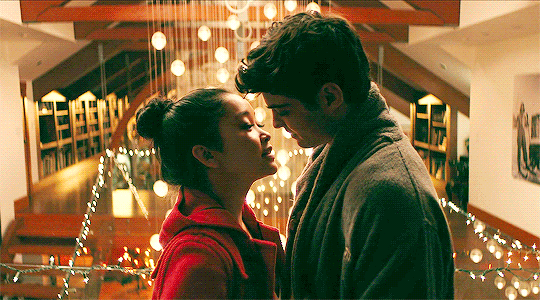
“Find your core story: Your core story is the deep emotional theme at the center of your work. My books might have many different top layers, but at their very heart they have some basic common themes. That love is redemptive, and that everyone deserves to be loved in their brokenness. That is an essential element of my ‘core’ story. You find that personal truth of mine at the heart of all my books. Once you know yours, you can carry it with you to all different types of stories.” —New York Times and USA TODAY Bestselling Author Maisey Yates

